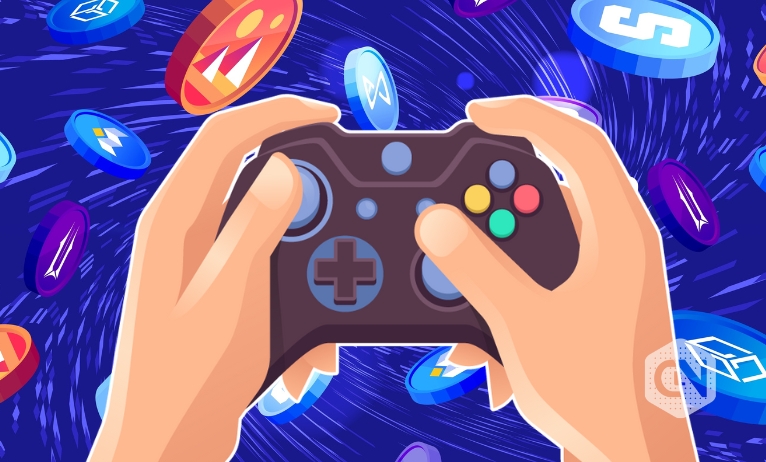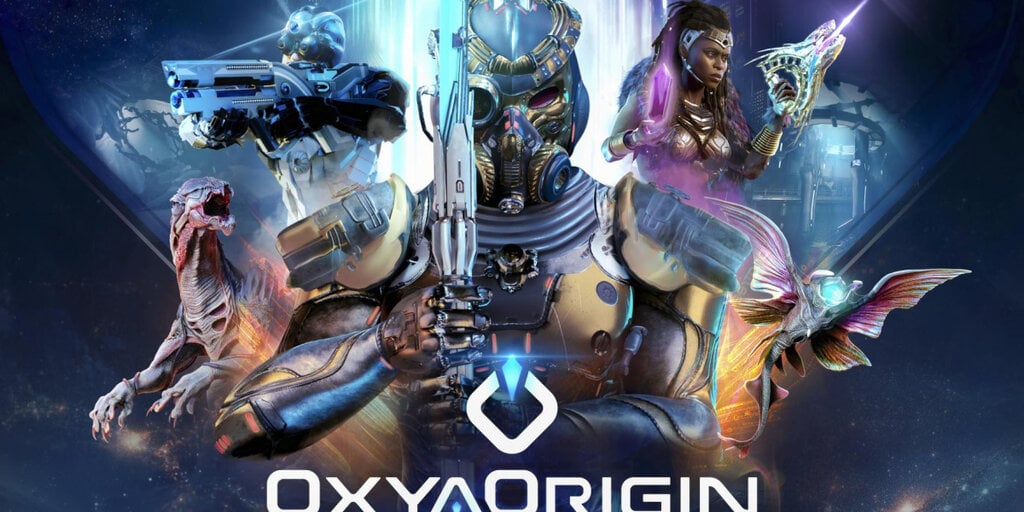Proof of Work (PoW) operates as a consensus mechanism within blockchain technology, serving to validate transactions and facilitate block creation. In PoW, miners engage in solving intricate mathematical puzzles to add new blocks to the blockchain. This process requires significant computational resources, time, and energy to discover a specific hash value that meets preset criteria. Once the puzzle is solved, the miner earns cryptocurrency rewards, and the new block becomes part of the blockchain. The deliberate design of PoW as an energy-intensive and time-consuming process enhances security and mitigates the risk of double-spending across the blockchain network.
Understanding Blockchain-Based Crypto Games
- Blockchain-based crypto games have brought significant changes to the gaming industry by introducing transparency, decentralization, and security to traditional gameplay. These games utilize blockchain technology, a decentralized and secure ledger system, to ensure trust and fairness within gaming environments.
- By incorporating cryptocurrencies like Bitcoin or Ethereum, these games enable transactions within their ecosystems, enhancing user experiences and ensuring privacy. Examples of crypto games leveraging blockchain technology include “CryptoKitties” and “Decentraland,” offering unique gameplay experiences within a secure framework.
- Moreover, the concept of a Cryptocurrency lottery showcases the diverse applications of blockchain technology. Players can engage in a cryptocurrency lottery platform integrated with blockchain technology for transparency and fairness. Similarly, other crypto games like slots and bingo utilize blockchain technology for various aspects of gameplay.
Integration of Proof of Work in Crypto Games
- Proof of Work (PoW) serves as a crucial component in blockchain-based crypto games, involving players in solving complex cryptographic puzzles. These puzzles, known as mining tasks, require substantial computational power and resources to validate transactions and secure the game’s blockchain network.
- The integration of PoW in crypto games provides several advantages, including enhanced security through the consensus mechanism. This mechanism makes it challenging for malicious entities to manipulate the game’s data, ensuring the integrity of the gameplay environment.
- Furthermore, PoW promotes decentralization by preventing centralization within the game network, fostering trust among players and incentivizing participation to enhance network security.
Mechanics of Proof of Work in Crypto Games
Proof of Work (PoW) plays a crucial role in the mechanics of crypto games, encompassing essential elements such as Transaction Verification, Computational Puzzles, and Block Formation. Transaction Verification involves players authenticating in-game transactions for inclusion in the blockchain, ensuring a secure and transparent in-game economy.
Computational Puzzles require players to solve complex mathematical challenges to verify and incorporate blocks into the blockchain. Mining in crypto games involves using computational power to compete with other players or nodes in solving these puzzles.
Block Formation entails aggregating validated transactions into blocks for inclusion in the blockchain, with the consensus mechanism facilitating agreement among all participants on transaction validity and blockchain status. The intricate framework of PoW in crypto games ensures security, decentralization, and fairness within the gaming ecosystem.
Conclusion
Proof of Work (PoW) serves as a fundamental consensus mechanism in blockchain-based crypto games, involving miners in validating transactions and maintaining blockchain integrity. The integration of PoW in these games enhances trust and fairness by ensuring the transparency and security of in-game transactions. The mechanics of PoW in crypto games, including Transaction Verification, Computational Puzzles, and Block Formation, contribute to a robust and transparent in-game economy. This integration underscores the integrity of crypto games and represents a significant advancement in the gaming industry.
Image/Photo credit: source url





